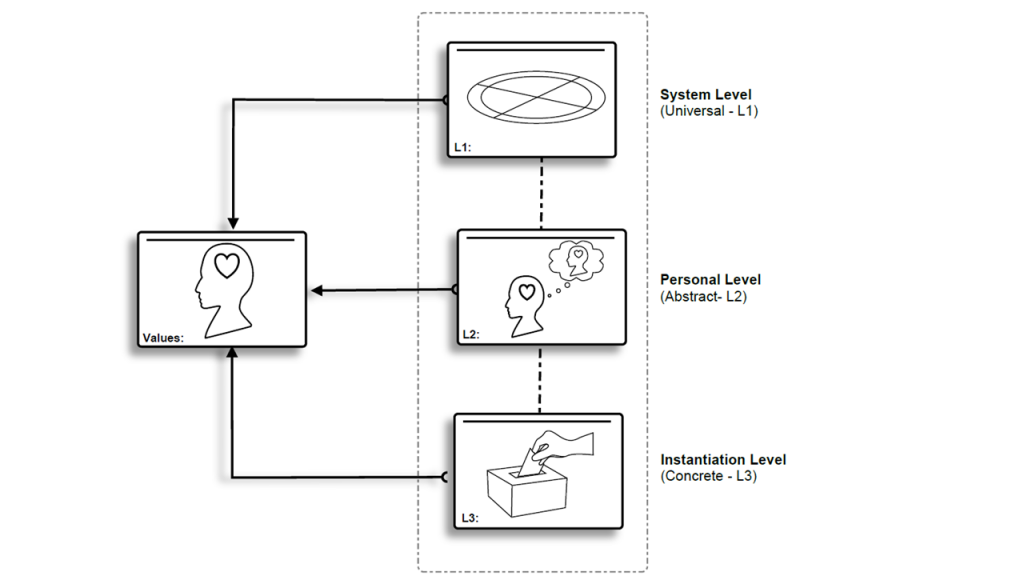| Topic |
Values in Software Production |
| Closing Date |
1st July 2018 |
| Eligibility |
UK Students and EU Students |
| Location |
School of Computing and Communications (SCC), Lancaster University, UK |
| Funding |
Annual tax-free stipend with annual increment, fees fully funded and travel bursary provided |
| Hours |
Full time |
Excellent news! We have a fully funded PhD position investigating social values in software production. This line of investigation works at the intersection of Software Engineering and Human Computer Interaction and is linked to the ViC project. As such, you will have the opportunity to work with an international research network and industry partners. This information can also be found on SCC research page:
Research Background
Much computing research focuses on understanding and developing digital technologies that can change people’s lives. Instead, Values in Computing aims to understand and systematically capture how digital technologies come to life and ‘behave’. In doing so, we argue that a more scientific understanding of values is needed, especially when it comes to computing technologies. The key research question is how values can be systematically studied in software production. More specifically:
- What existing values-mapping techniques can be used and adapted to software production/SE?
- How does investigating values in SE differ from other fields?
- What values are specific to SE and software industry?
- What approaches (i.e. computationally intensive, qualitative, quantitative, etc.) can be used to capture and track values?
Research Environment
Based in the School of Computing and Communications (SCC) you will be part of the ViC team, which offers a supportive and collegial environment. With expertise in rapid prototyping, agile development and participatory action research, ViC core team is flexible and can quickly reconfigure to bring extra expertise and support from its research and industry partners. We have several years experience of working together and in partnership with communities, practitioners, and businesses in EPSRC-funded projects such as Catalyst, tools for change and Clasp, personalised Health IoT.
About You
We invite applications from enthusiastic individuals who have a Masters or equivalent experience in Computer Science. Ideally, you have a background in the areas of software engineering, requirements engineering, and decision-making processes in software development environments. You must also demonstrate a strong interest in the role played by computing in society and an appreciation for fields such as philosophy of technology, psychology, and computer ethics.
You may start by using tools and techniques already developed by the ViC team or by designing and developing new ones and exploring new approaches. A combination of different research approaches are particularly welcome: from computationally intensive, to qualitative, quantitative or informed by speculative design. The scale of the investigation can also vary, from relatively compact case studies with industries, to large scale studies looking at automatic values extraction from on-line social media content and existing datasets.
Application Details
Please apply online via the University Postgraduate Admissions Portal with:
- A CV (2 pages maximum)
- Cover letter
- University grade transcripts
Note that no proposal is required as part of the application, though evidence of research vision and relevant background knowledge on the state of the art in this area is encouraged. You should clearly state on your application that you are applying for a funded PhD opportunity on “Values in Computing ”.
Contact
We very much welcome informal queries about this opportunity, please contact Dr Maria Angela Ferrario email: m.a.ferrario[at]lancaster.ac.uk



